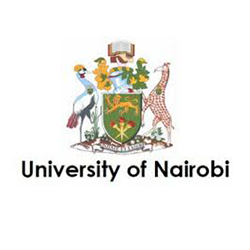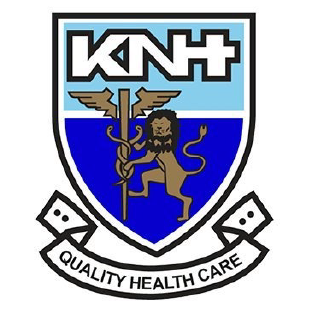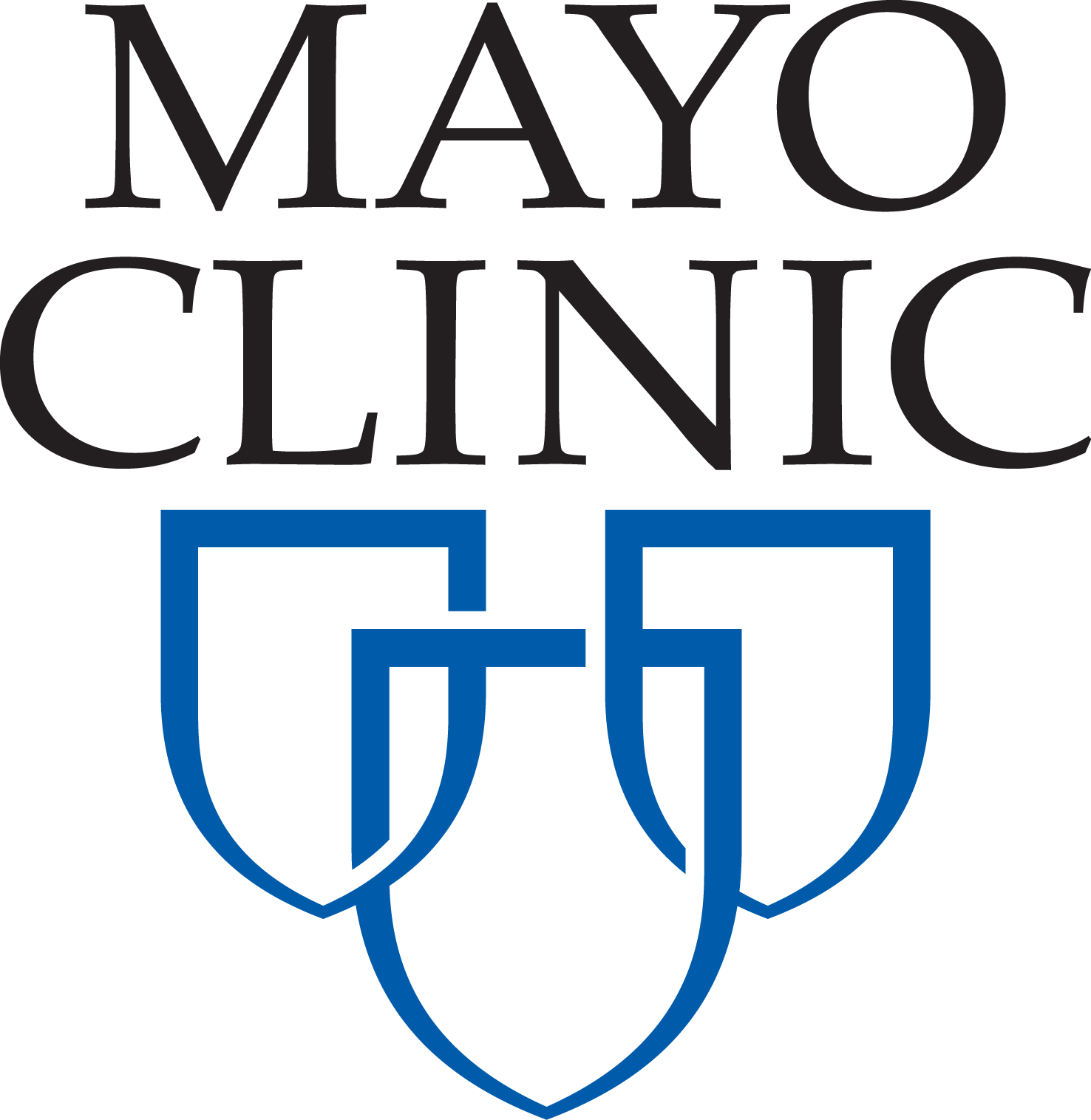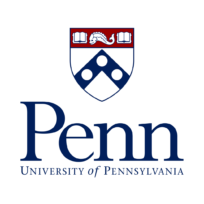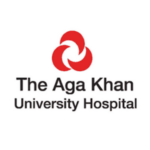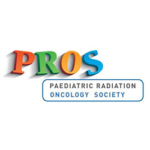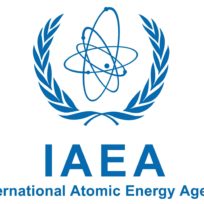GACCF – Kenya

This program expects to admit 5-10 radiation oncologists each year. At the end of the 4-year training program, these specialists will be able to competently run effective cancer control programs, community surveillance, and early detection and become leaders in the management of cancer in the clinical and environmental setting (currently 8 trainees in the program).
Project Overview
This medical radiation oncology residency program will train oncologists to diagnose and treat cancer. The goal is to provide them with the skills they need to carry out effective prevention programs, community surveillance, and early detection.
Project Timeline: 4-year training program (This program expects to admit 5-10 radiation oncologists each year)
Target Regions: Nairobi, Kenya, and the surrounding area
Detailed Description:
- Medical Radiation Oncology residency program that will train Radiation Oncologists with the following key capacities:
- Competencies to diagnose cancer promptly and offer appropriate treatment strategies including the use of ionizing radiation.
- Skills to effectively carry out cancer prevention programs, community surveillance and early detection.
- Competencies in leadership, clinical and environmental management in cancer treatment.
- Ability to pursue continuous life-long self-learning, research, and capacity to translate cancer research into practice and policy through critical thinking.
Project Leadership
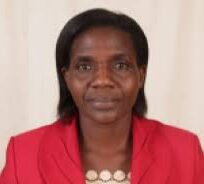
Dr. Callen Onyambu
University of Nairobi
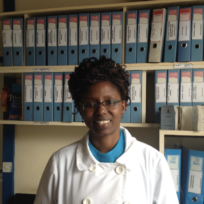
Dr. Gladys Mwango
University of Nairobi
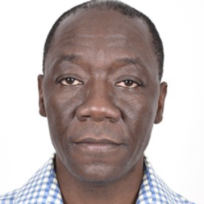
Dr. Primus Ochieng
University of Nairobi
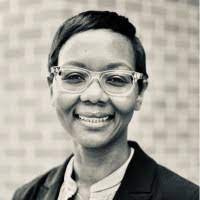
Ruth Musila
Takeda

Zerilda Claasen
Takeda
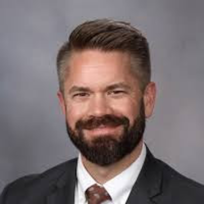
Dr. Kenneth Merrell
Mayo Clinic
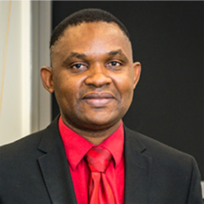
Dr. Wilfred Ngwa
Harvard University
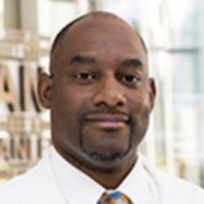
Dr. Stephen Avery
University of Pennsylvania
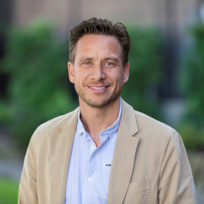
Daniel Colling
HP

Karen Rotuk
Takeda
Project Partners
The University of Nairobi – Kenyatta National Hospital, Nairobi Hospital, MP Shah Cancer Centre, Takeda Pharmaceuticals, HP, Mayo Clinic, Harvard Medical School, University of Pennsylvania, Aga Khan University Hospital, Kisumu County, The Paediatric Radiation Oncology Society (PROS), Radiqa, and The IAEA.
